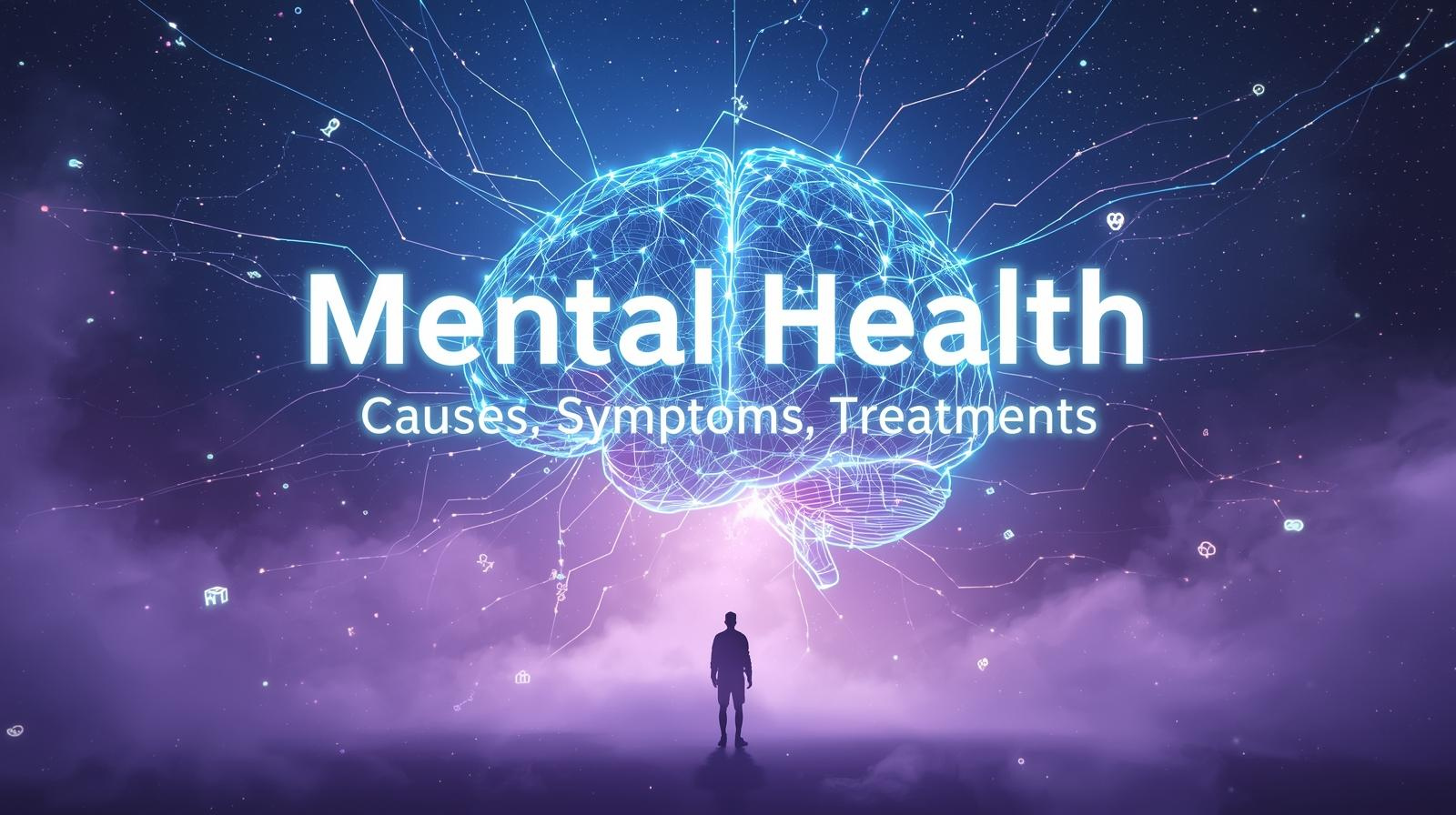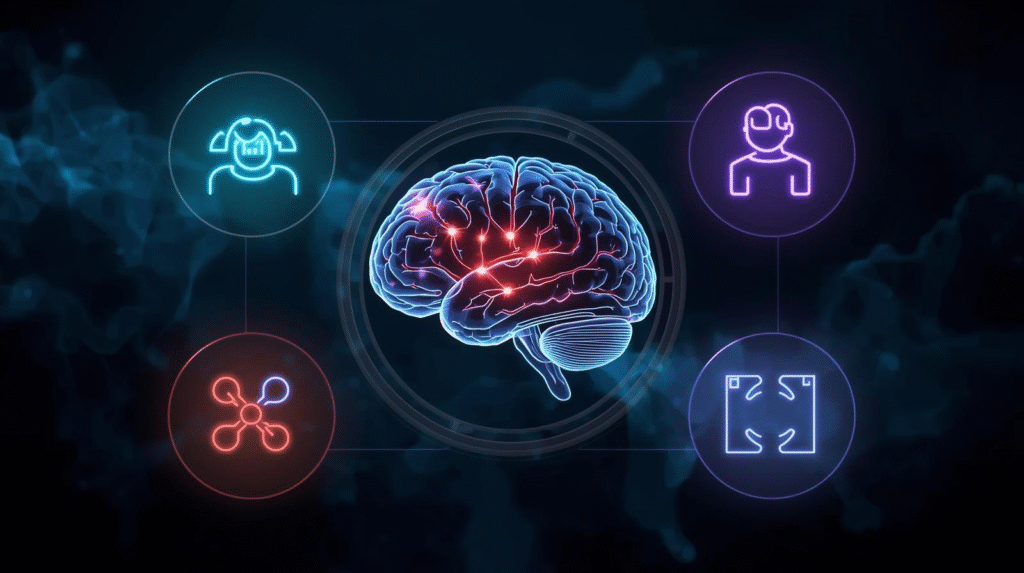
Mental illnesses and disorders affect millions of people worldwide and can significantly impact quality of life. This article explores the causes, symptoms, and treatments of these conditions to help you understand, identify, and support those affected.
What Are Mental iilnesses and Disorders?
Mental illnesses and disorders are conditions that affect a person’s mood, thinking, and behavior. They range from common disorders like depression and anxiety to more severe conditions such as schizophrenia and bipolar disorder. These illnesses often disrupt daily life and emotional stability.
Causes of Mental iilnesses and Disorders
The causes of mental health disorders are complex and multifaceted. Genetics, brain chemistry, traumatic experiences, chronic stress, and environmental factors all play important roles. For example, a family history of mental health conditions increases risk, while traumatic events like abuse or neglect can trigger symptoms. Additionally, factors like social isolation and substance abuse worsen outcomes.
Symptoms of Mental Health Disorders
Symptoms of mental illnesses and disorders vary depending on the type but often include persistent sadness, excessive worry, mood swings, withdrawal from social situations, difficulty concentrating, and changes in sleep or appetite. Physical symptoms such as headaches or stomach issues without medical causes may also appear. Recognizing these symptoms early is critical for treatment.

Types of Mental Illnesses and Disorders
| Disorder | Description | Common Symptoms |
|---|---|---|
| Depression | A mood disorder with persistent sadness and loss of interest | Low mood, fatigue, hopelessness |
| Anxiety Disorders | Excessive fear and worry disrupting daily life | Restlessness, panic attacks |
| Bipolar Disorder | Alternating periods of mania and depression | Mood swings, impulsivity, high energy |
| Schizophrenia | Severe disorder affecting perception and thought | Hallucinations, delusions |
| Post-Traumatic Stress Disorder (PTSD) | Anxiety following trauma | Flashbacks, nightmares, avoidance behaviors |
Diagnosis of Mental iilnesses and Disorders
Diagnosing mental health disorders requires a comprehensive evaluation by mental health professionals. This involves clinical interviews, psychological assessments, medical examinations to exclude physical causes, and observation over time. Accurate diagnosis allows for effective treatment planning.
Treatment Options for Mental Health Conditions
Treatment typically involves psychotherapy, medication, and lifestyle changes. Psychotherapy helps patients manage thoughts and behaviors, while medications address chemical imbalances. Lifestyle factors such as regular exercise, good nutrition, and proper sleep are essential to support emotional well-being. In severe cases, hospitalization may be necessary for stabilization.

Key Points About Mental Illnesses and Disorders
- Mental illnesses can affect anyone, regardless of age or background.
- Early diagnosis and treatment improve recovery outcomes.
- Treatment is most effective when combining therapy, medication, and lifestyle changes.
- Family and community support is vital for healing and management.
- Reducing stigma around mental health encourages more people to seek help.
Importance of Early Intervention
Early intervention plays a vital role in preventing symptoms from worsening and improving recovery chances. Recognizing signs early and seeking professional help can save lives and enhance long-term well-being.
Myths and Facts About Mental Health
| Myth | Fact |
|---|---|
| Mental illness is a sign of weakness | It is a medical condition that can affect anyone |
| People with mental illness can’t work | Many live successful and productive lives |
| Medication is the only solution | Therapy, medication, and lifestyle changes often work best |
| Mental illness is rare | 1 in 5 adults experience mental illness annually |

Conclusion
Understanding mental illnesses and disorders — including their causes, symptoms, and treatments — is essential to reduce stigma and encourage timely help. Recovery is possible with proper support, and mental health should always be treated with the same importance as physical health.
What causes mental health disorders?
The causes of mental health disorders are complex and include genetic factors, brain chemistry imbalances, traumatic experiences, chronic stress, and environmental influences.
How can I recognize the symptoms of mental illnesses?
Symptoms often include persistent sadness, excessive worry, mood swings, social withdrawal, and changes in sleep or appetite. Early recognition is vital for effective treatment.
What treatment options are available for mental health conditions?
Effective treatments often combine psychotherapy, medications, lifestyle changes, and support systems to improve emotional well-being.
Why is early intervention important for mental illnesses?
Early intervention helps prevent symptoms from worsening, improves recovery outcomes, and supports better long-term mental health.


